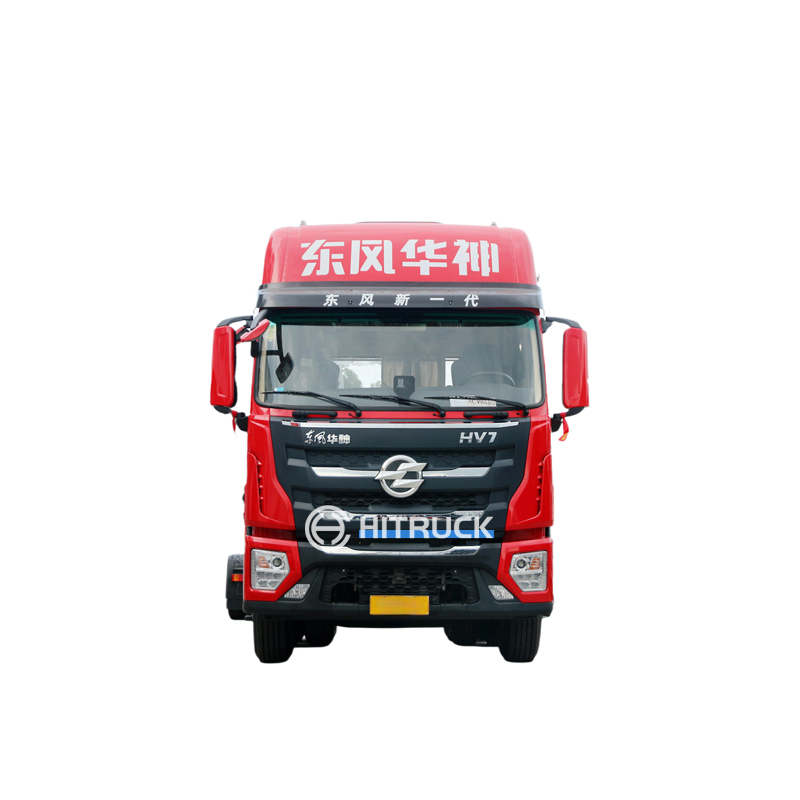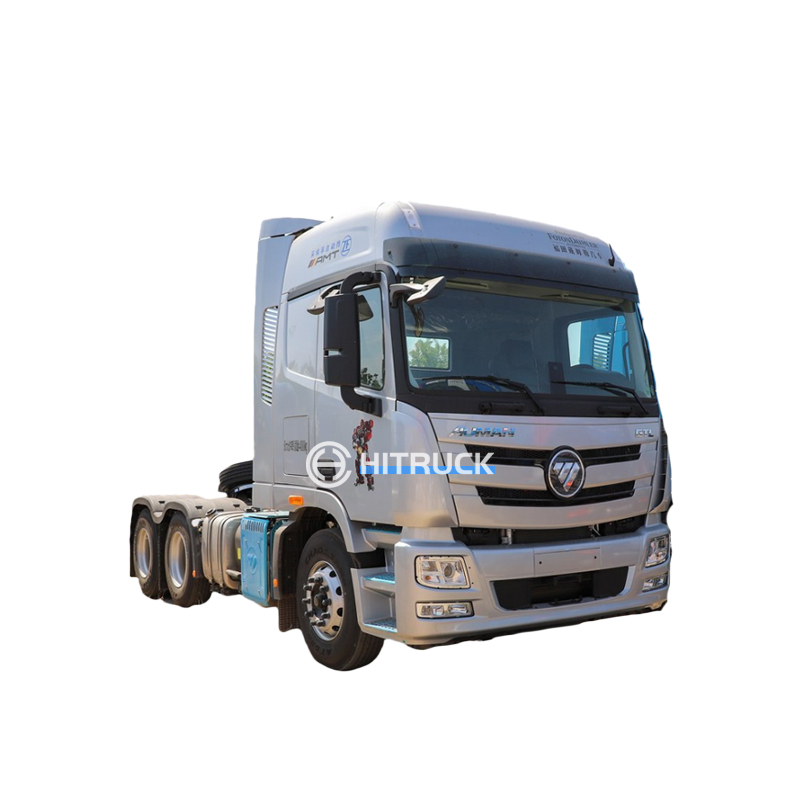Electric Reefer Trucks: A Comprehensive GuideThis article provides a comprehensive overview of electric reefer trucks, exploring their benefits, challenges, available models, and the future of this crucial technology in the transportation industry. We'll delve into the key factors to consider when choosing an electric refrigerated truck and discuss the real-world impact of this sustainable solution.
The transportation industry is undergoing a significant shift towards sustainable practices, and the cold chain sector is no exception. Electric reefer trucks are emerging as a crucial component of this transformation, offering a cleaner, quieter, and potentially more cost-effective alternative to traditional diesel-powered refrigerated trucks. This guide aims to provide a detailed understanding of this rapidly evolving technology.
The performance of an electric reefer truck is heavily reliant on its battery technology. Current models utilize various battery chemistries, each with its own advantages and disadvantages in terms of energy density, lifespan, and charging time. Range is a critical consideration, significantly impacted by factors such as payload, terrain, and ambient temperature. Manufacturers are constantly innovating to improve battery technology, leading to increased range and reduced charging times. For example, some models boast ranges exceeding 150 miles on a single charge, although this can vary significantly.
Efficient refrigeration is crucial for maintaining the integrity of temperature-sensitive goods. Electric reefer trucks employ various refrigeration systems, often incorporating advanced technologies to optimize energy consumption. These systems might include electric-powered compressors, intelligent temperature control systems, and even features like predictive maintenance to minimize downtime and energy waste. The choice of refrigeration system often depends on the specific application and the type of goods being transported.
The widespread adoption of electric reefer trucks hinges on the development of robust charging infrastructure. This includes both public charging stations and private charging solutions at distribution centers and depots. The availability and accessibility of charging infrastructure is a key factor influencing the practicality and viability of electric reefer fleets.
One of the most significant advantages of electric reefer trucks is their reduced environmental impact. They produce zero tailpipe emissions, significantly contributing to cleaner air in urban areas and reducing greenhouse gas emissions, a critical factor in mitigating climate change.
While the initial investment in an electric reefer truck might be higher than a diesel counterpart, potential long-term cost savings can be significant. Reduced fuel costs, lower maintenance requirements (fewer moving parts), and potential government incentives can make electric reefer trucks a financially attractive option. However, the total cost of ownership needs careful analysis, considering factors like battery replacement costs over the vehicle's lifetime.
Electric reefer trucks are significantly quieter than their diesel counterparts, contributing to reduced noise pollution, particularly beneficial in urban environments and residential areas. This quieter operation can also improve driver comfort and safety.
Concerns about limited range remain a significant barrier to wider adoption. While battery technology is continuously improving, the range of electric reefer trucks still falls short of some long-haul applications. Careful route planning and the strategic placement of charging stations are essential to address this challenge.
Charging times for electric reefer trucks can be significantly longer than refuelling diesel trucks, potentially disrupting operations. Faster charging technologies and optimized charging strategies are vital for mitigating this issue.
The higher initial purchase price of electric reefer trucks can be a deterrent for some businesses. However, government subsidies and tax incentives are frequently available to encourage adoption.
Several manufacturers are now producing electric reefer trucks, each offering varying specifications and features. Researching different models and comparing their specifications is crucial to find the best fit for specific needs. Suizhou Haicang Automobile sales Co., LTD offers a range of options for those looking for high-quality electric trucks. Always check manufacturer websites for the most up-to-date information on models and specifications.
The future of electric reefer trucks is bright. Ongoing advancements in battery technology, charging infrastructure, and refrigeration systems are paving the way for greater efficiency, longer range, and reduced costs. As the demand for sustainable transportation solutions grows, electric reefer trucks are poised to play an increasingly important role in the cold chain industry.
| Feature | Diesel Reefer Truck | Electric Reefer Truck |
|---|---|---|
| Emissions | High | Zero tailpipe emissions |
| Operating Costs | High fuel costs | Lower energy costs |
| Maintenance | High maintenance costs | Lower maintenance costs |
| Noise | High noise levels | Low noise levels |
1 Data may vary depending on specific models and operating conditions. Consult individual manufacturers for precise specifications.












